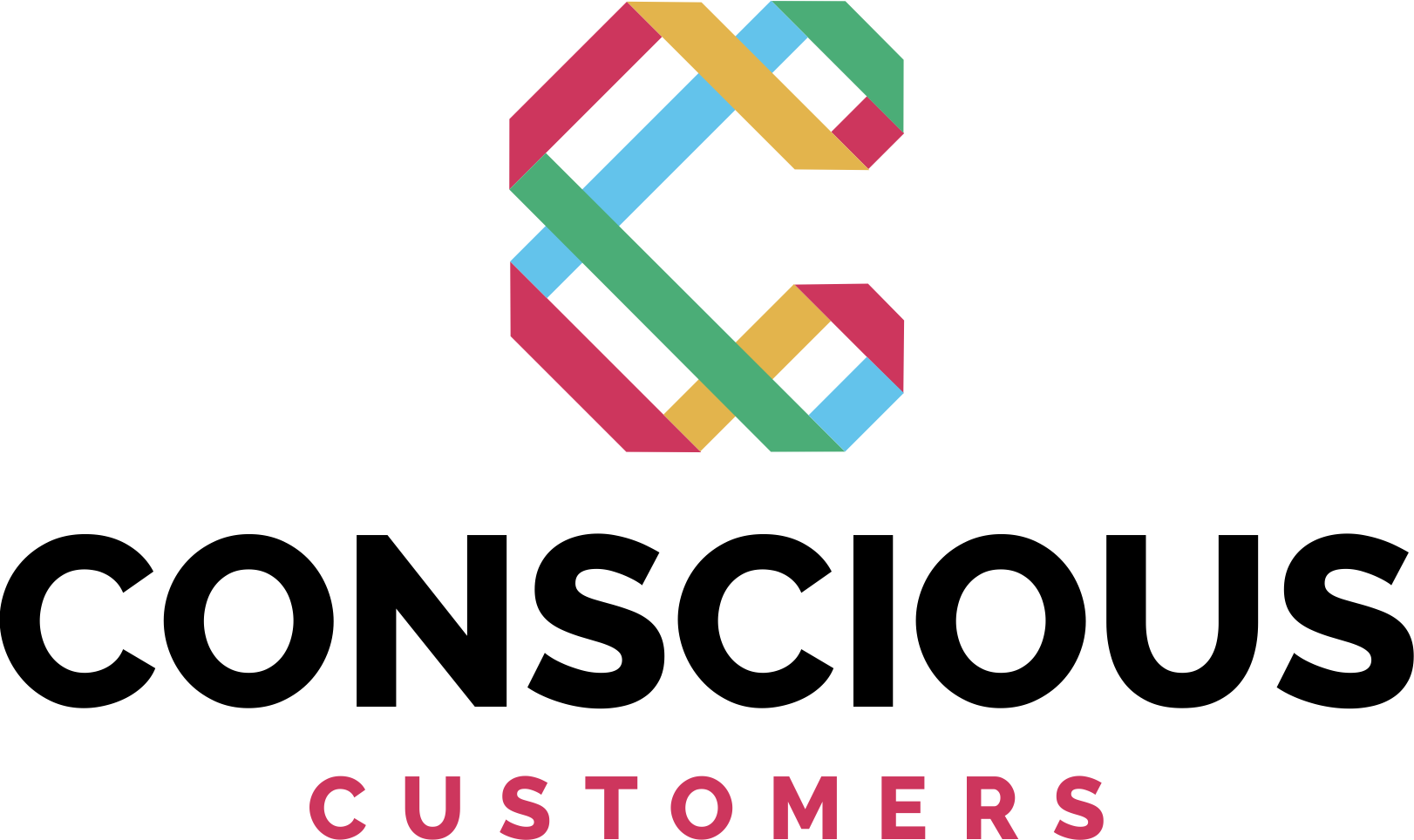2023’s Top 5 Myths and Misconceptions about Supplier Diversity - Part 1

Supplier diversity has emerged as a critical component of business strategy. It can help foster economic growth, social equity, and innovation, and it is something more and more clients, partners and stakeholders expect you to have in place. In spite of all this, there are still common myths and misconceptions that surround supplier diversity. Today, we’ll work to debunk these myths and shed light on the realities.
Myth 1: I have to replace all of my white suppliers and vendors
The simple answer is no. Adopting a supplier diversity strategy does not mean replacing all suppliers and vendors. The reality is that it may not be in your organization’s best interest to change certain suppliers, and it might be the wrong time anyway, given contract cycles and other business issues. Still, even when you are in a contract, it is still wise to engage alternatives. “Spot” work outside the scope of your incumbent contract as back-up to ensure no disruption in the event of a shortage or unavailability.
You likely have vendors that provide you with a highly specialized product or service essential to business, where there are no other alternatives. In that instance, we do not recommend replacing a supplier. However, you can certainly ask your vendor about its DEI practices and their approach to subcontracting.
When there is an opportunity to consider some new alternative vendors, we do recommend taking full advantage – identifying diverse potential partners – and driving a whole range of positive outcomes.
Myth 2: Supplier diversity compromises quality and competitiveness
Not at all. Simply put, supplier and vendor diversity excellence identifies and engages qualified diverse suppliers and vendors who can offer the products and services that you need. Diversity should never cause your organization to eliminate its vetting process or compromise its needs. Instead, achieving supplier and vendor diversity means strategizing about how to open your process to new suppliers and vendors and capture the value they bring: innovation and expertise that can lead to increased competitiveness for your business, competition to spur better pricing, and access to new relationships and networks.
Myth 3: Supplier diversity is only relevant for large corporations
Wrong again. Supplier diversity is equally important for small and medium-sized enterprises (SMEs) including early stage growth companies. By engaging diverse suppliers, SMEs can access new markets, foster innovation, send an important signal to existing and potential future employees, and enhance their competitive advantage.
Regardless of your size, there is an efficient way to add supplier diversity to your effort. And no matter what size you are, for each dollar of your company’s spend, there is measurable impact.
So now what…?
By debunking common myths and misconceptions, we can better understand the true value and impact of supplier diversity initiatives in 2023. Supplier diversity is not just a feel-good program; it is a strategic business imperative that creates shared value for businesses, suppliers, and communities at large. Supplier diversity is also a powerful tool for driving economic growth, fostering innovation, and promoting social equity in the United States.
To learn more about how Conscious Customers can help your organization with your supplier diversity efforts in 2023, contact us at [email protected]
Can’t get enough of us? Check out our other blog posts. I think you’ll love Invest in Supplier Diversity to Grow the Whole Economy

